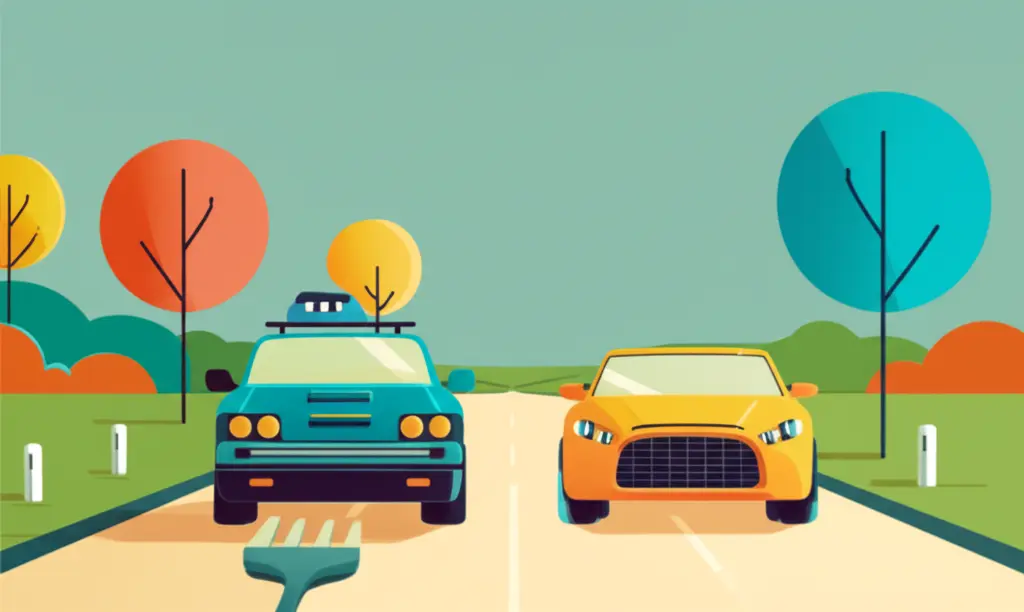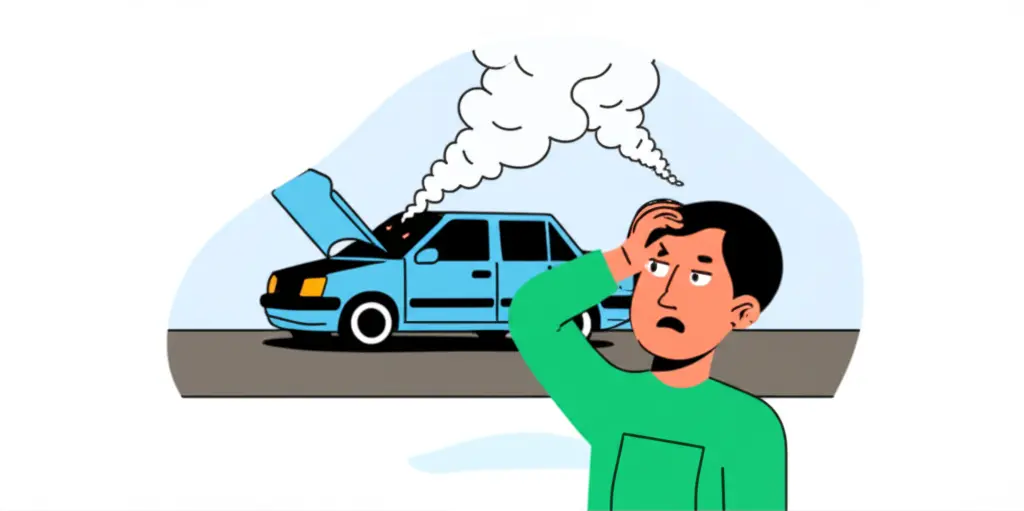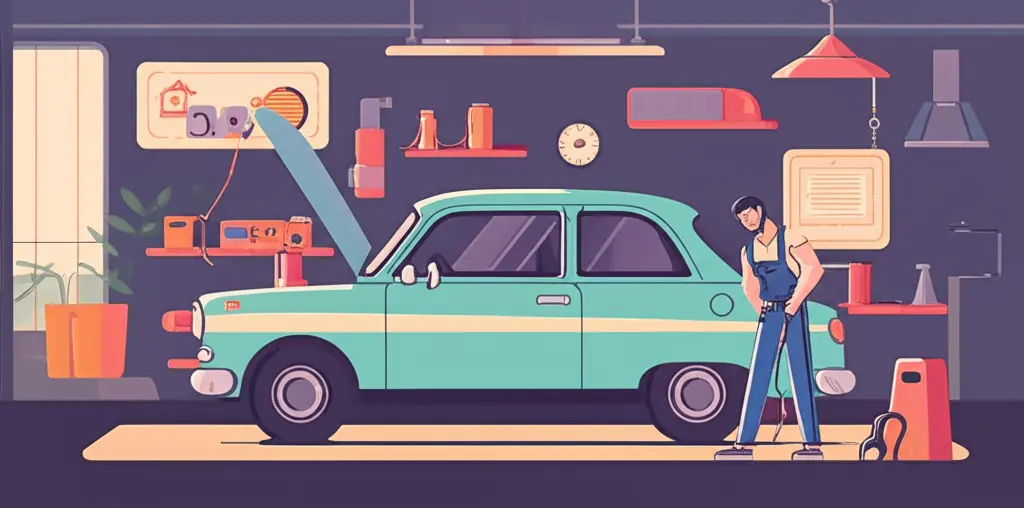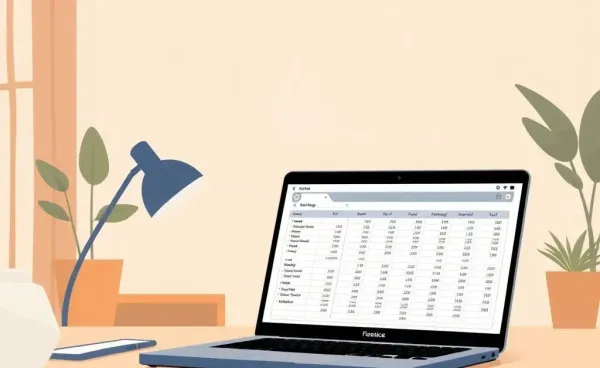Is It Smarter to Replace Your Car or Keep the Old Reliable?
Explore whether keeping your old car or getting a new one is the smarter financial move.

Have you ever found yourself staring at your old reliable car, thinking, "Is it time to move on?" This age-old dilemma of whether to replace your trusty vehicle or keep it running is more common than you might imagine. Let's delve into the considerations that might help you make this decision.
What’s the Current State of Your Car?
The first thing to ask yourself is how well your car is holding up. Is it reliable, or does it frequently visit the mechanic? Regular maintenance is crucial for the longevity of any car, but when those trips to the garage become frequent and costly, the appeal of a new vehicle grows.

The cost of repairs is a significant factor here. If monthly repair bills rival a car payment, it might be smarter to invest in something new. Consumer Reports suggests keeping track of these costs to make an informed decision.
Do You Need Better Features or Lower Maintenance?
Is your car lacking in safety features or fuel efficiency compared to modern standards? Technology in newer models can bring better fuel efficiency and safety, which might be worth the investment.
Replacing an older model with a more fuel-efficient car might save you money on gas. Plus, enhanced safety features in newer models provide peace of mind, especially for those of us doing a lot of driving or with families. This NHTSA guide is a great resource on vehicle safety features.
Considering Your Financial Position
Financially, this decision shouldn't break your bank. Evaluate your budget: can you afford a new car payment comfortably? If you've got a substantial emergency fund and a steady income, maybe reward yourself with that shiny new model you've been eyeing.

However, if you're leaning toward a new vehicle, don't forget the added costs like increased insurance premiums and registration fees.
Emotional Attachment: Does It Really Matter?
Here's an aspect often overlooked: emotional attachment. That car could be the first big purchase you made or something that’s just been with you through thick and thin. While feelings shouldn’t cloud financial judgment, they can inform what makes you genuinely happy.

Making a decision means considering both the heart and wallet. Will keeping your current ride be a source of joy, or has it become a burden?
Conclusion: Balancing Logic and Emotion
Ultimately, whether you keep or replace your car is a personal choice that depends on individual priorities and financial circumstances. Weigh the pros and cons, consider your lifestyle changes, and maybe even test drive some new models to see what suits your needs best. Whichever road you choose, the key is aligning it with your life both today and into the future. What’s your take? Are you holding onto your old car, or is it time to trade those keys for something new?




